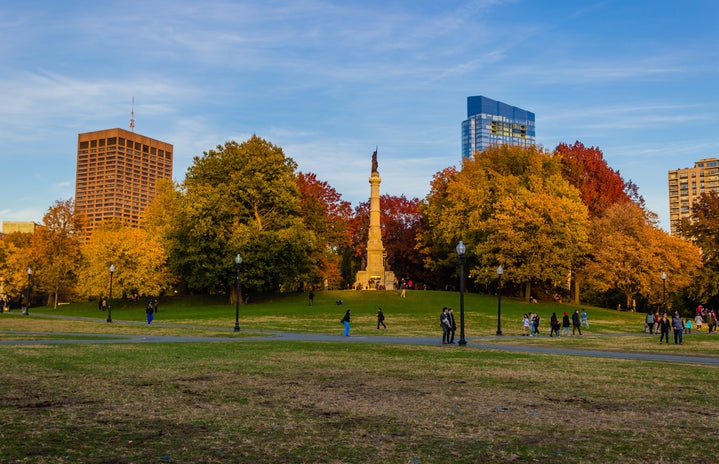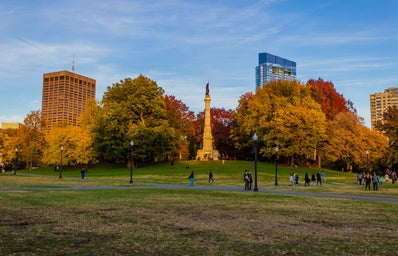Upon arriving at Boston University my freshman year, a word I had never heard before was constantly being thrown around. It seemed like everyone was talking about something called “gentrification.” They were encouraging people to learn more since it had a big impact on our city.
As I dove deeper into my own research on the topic, I learned gentrification did, in fact, exist heavily in Boston.
Gentrification is a forced transition of an area from a certain, long-established lifestyle, culture, and level of affordability to a new, typically higher and better, lifestyle, culture, and level of affordability as a result of new residents coming to that area.
Gentrification affects members of many Boston communities, especially East and South Boston where the problem is becoming increasingly more prevalent.
Photo Credit: bmgator.org
It drives a wedge between native community members and newcomers that will soon become too severe to fix if we don’t take action.
Gentrification brings shiny new things to an area with an already existing culture. It lets trendy cafes, restaurants, stores, and luxury housing trample on the familiar amenities.
The Boston Globe tells the story of Gina Scalcione, an East Boston resident whose home was targeted by developers. Gina and her husband were offered huge sums of money, up to $1.2 million, to sell their property. They watched as neighbors were bought out by these developers, but refused to follow suit.
The Scalciones were not going to take money to give up the place they called home. Still, they feared how the new places popping up around them would affect their lives. Gentrification makes locals alienated to the recent additions because they often times cannot afford the new services.
Photo Credit: barelygrounded.com
Still, there are those who see gentrification as a double-edged sword. While it may be destroying culture, and threatening to display native residents, it brings lower crime rates and better facilities, The Economist reports. It may also create more jobs through the bigger, more commercialized businesses that replace smaller ones.
The reality of gentrification is that it is going to exist, but the benefits do not outweigh the costs. It threatens to introduce a cookie-cutter society, absent of diverse cultures. It ignores those who rightly existed in neighborhoods.
Photo Credit: bostonglobe.com
If we don’t stop and look at what’s happening to our city, it will soon be an entirely foreign place. It is our job to preserve the unique communities that have made Boston into the remarkable place it is today.
Want to keep up with HCBU? Make sure to like us on Facebook, follow us on Instagram, check out our Pinterest board, and read our latest Tweets!



